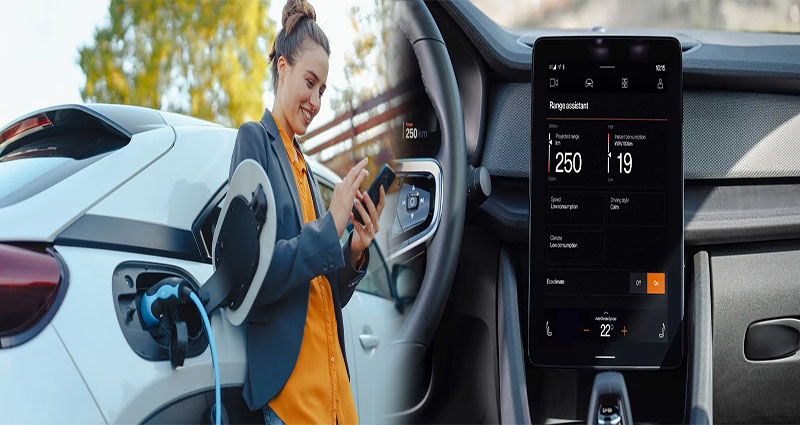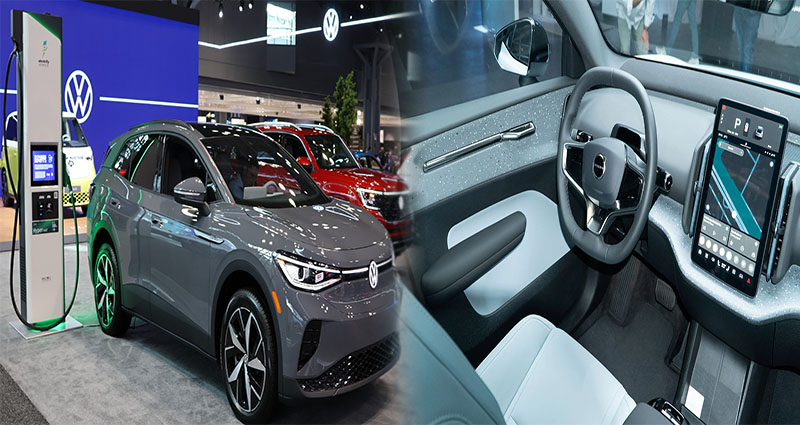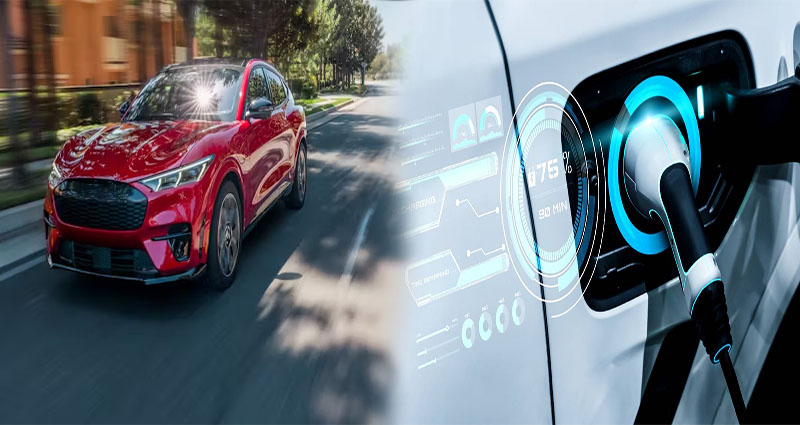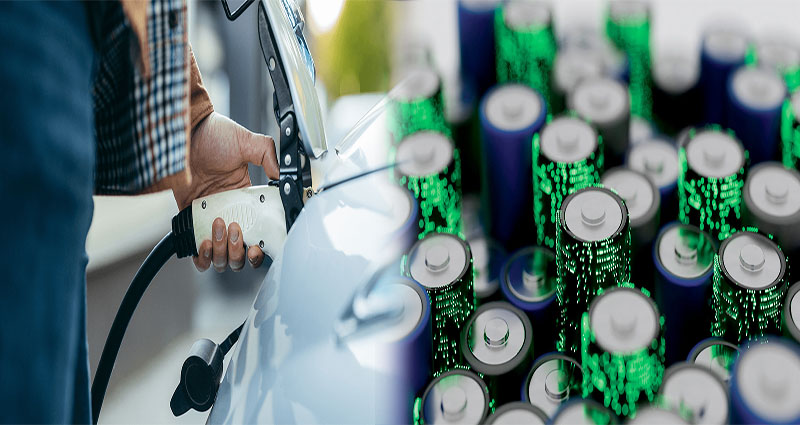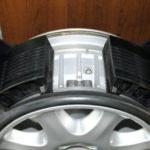Top Affordable Used Electric Cars with Low Maintenance Costs
The market for used electric cars is rapidly expanding as more consumers look for environmentally friendly and cost-effective transportation options. With the advancements in electric vehicle technology, there are now several affordable used electric cars on the market that not only offer low maintenance costs but also provide a sustainable and efficient driving experience. Here are some of the top affordable used electric cars with low maintenance costs:
1. Nissan Leaf
- The Nissan Leaf has been a pioneer in the electric car segment and has become readily available in the used car market.
- With its reliable electric drivetrain and relatively low maintenance needs, the Nissan Leaf offers an affordable option for eco-conscious buyers.
- Its affordable pricing and ease of maintenance make it an attractive choice for those looking to transition to an electric vehicle without breaking the bank.
2. Chevrolet Spark EV
- The Chevrolet Spark EV is a compact and

